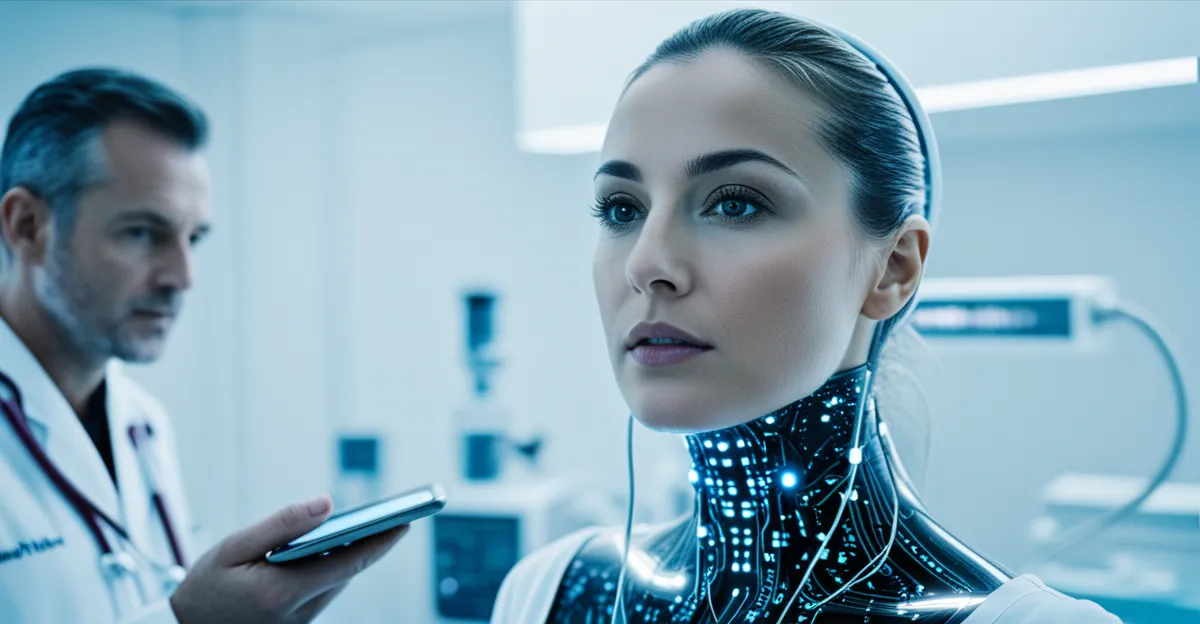Key Applications of Artificial Intelligence in UK Healthcare
Artificial intelligence in healthcare is transforming UK healthcare technology by improving diagnostics, treatment planning, hospital operations, and patient care. One primary use of AI applications in medicine is enhancing diagnostic accuracy through machine learning algorithms that process complex datasets, reducing human error. For example, radiology benefits significantly from AI-driven image analysis, enabling faster and more precise identification of anomalies. Natural language processing (NLP) helps clinicians interpret unstructured data, such as electronic health records, facilitating smarter decision-making.
In treatment planning, AI tailors strategies to individual patient profiles, leveraging genomics AI to personalize therapy, particularly in cancer care. AI’s integration with healthcare technology in hospitals optimizes resource management by predicting patient inflow, scheduling staff efficiently, and managing logistics to reduce waiting times.
Also read : How Does UK Technology Influence Global Digital Innovation?
Robotics and automation are increasingly embedded in clinical settings, supporting surgeons during procedures and assisting in routine tasks. These AI applications in medicine improve efficiency, accuracy, and patient outcomes, reflecting a broad adoption across NHS initiatives and private healthcare sectors in the UK. The ongoing innovation in AI-driven healthcare solutions promises to enhance both clinical performance and patient experience.
Transforming Diagnostics and Early Disease Detection
Artificial intelligence in healthcare is revolutionizing early disease detection by enhancing AI diagnostics. Medical imaging AI, particularly in radiology and pathology, enables quicker, more accurate identification of conditions like cancer and cardiovascular risks. AI applications in medicine use machine learning to analyze vast datasets, spotting subtle patterns that humans might miss. Automated screening systems reduce diagnostic delays and improve detection rates in rare diseases, where traditional methods face challenges.
Have you seen this : How Might Emerging Technologies Redefine the Future of Work in the UK?
NHS trusts increasingly partner with innovative AI startups, leveraging predictive analytics for timely interventions. For example, AI-driven tools can assess imaging results with high precision, highlighting anomalies invisible to the naked eye. This collaboration accelerates result turnaround times and supports clinicians with data-driven insights.
By integrating natural language processing, AI also extracts critical information from unstructured clinical notes, complementing medical imaging AI. Together, these technologies greatly improve diagnostic accuracy and enable proactive healthcare, helping patients receive treatments at earlier, more treatable stages. This reflects a pivotal shift in UK healthcare technology, where AI diagnostics drive efficiencies and elevate patient care across clinical environments.



